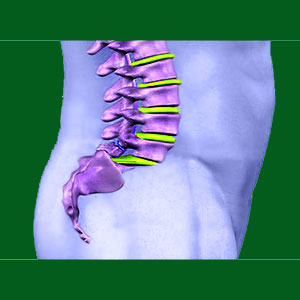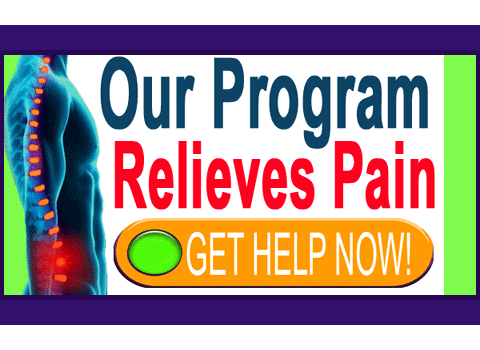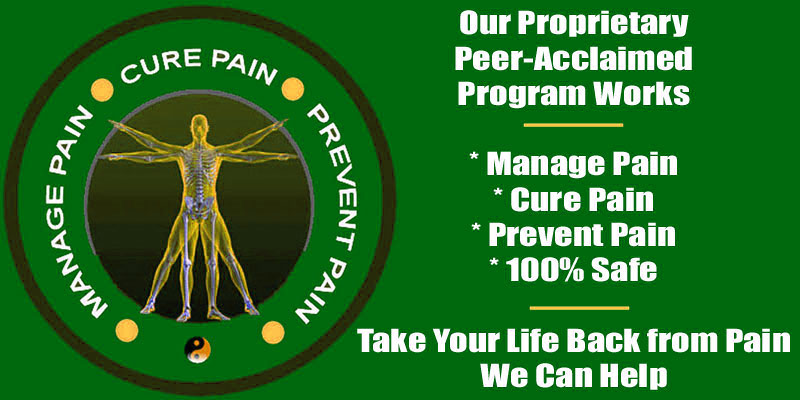
Do you have a question about spondylolisthesis? We invite you to use our free, expertly-written spondylolisthesis FAQ resource to get your answer quickly. We have been diagnosing and treating listhesis conditions for decades and have tremendous experience in caring for patients with all manner of vertebral migration profiles.
Listhesis can be a confusing diagnosis, since there are many different causes, potential symptoms, expressions and treatments. Some patients are overwhelmed by the diversity of opinions they receive from their care providers, especially when these opinions are contrasting in scope. It is our goal to provide objective answers to help patients navigate the diagnostic and treatment processes for vertebral listhesis.
This dialog provides a selection of frequently asked questions about spondylolisthesis, as well as our answers directly from the editorial board members. If you have a question about listhesis, you are in the right place to get it answered right now.
Causes of Spondylolisthesis FAQ
Below, you will find the most common questions we receive on The Cure Back Pain Network related to the causes of spondylolisthesis.
Q: What causes listhesis to occur?
A: There are many possible causes of spondylolisthesis. Some cases are congenital or linked to a congenital defect in one or more spinal bones. Some cases are caused by spinal degeneration. Other cases are incited by traumatic injury or even spinal surgery.
Q: Did I do something to cause my spondylolisthesis, like poor posture?
A: If you hurt your back and suffered some injury that contributed to listhesis, it is possible that you caused the problem. Poor posture is not likely to be a contributory factor unless an existing defect already existed. Most cases are not caused by the patient and will occur regardless of their habits or activities.
Q: How can I prevent my listhesis from worsening?
A: Excellent question. Unfortunately, there is no universal answer for this question, since every case is unique. Stable listhesis will not generally worsen without some trigger causing it to do so. Unstable listhesis is likely to worsen, although it is possible that it might improve in rare cases, as well. We can definitely say that wearing any type of back brace will have no effect on preventing listhesis from worsening, so do not waste your time with such naive tactics.
Symptoms of Spondylolisthesis FAQ
The symptomology of listhesis can vary greatly. Below, you will find the questions and answers related to spondylolisthesis symptoms.
Q: I have back pain. Does this mean I also have spondylolisthesis?
A: It might, but there are countless possible explanations for back pain. Do not jump to conclusions about the nature of your pain. Go to a doctor and get it evaluated, including the use of medical imaging to study the spine.
Q: What are the usual symptoms of spondylolisthesis?
A: This is a difficult question to answer, since most mild cases are not symptomatic at all. Most minor low grade vertebral migrations do not cause any pain or neurological effects. As the severity of the spondylolisthesis grading increases, the chance for symptoms generally increases also. In symptomatic cases, expressions can mirror those of a pinched nerve or central spinal stenosis if nerve tissues are compressed, Listhesis symptoms might also mirror mechanical back pain or general back pain.
Q: Why does my listhesis flare-up regularly?
A: Your condition is in flux due to the activity of your mind and body. You might have psychoemotional instigators for pain or physical ones. We observe both of these trigger mechanisms on a daily basis. We recommend a complete program of professional and self-evaluation to see which activities might be contributing factors towards the occurrence of flare-ups. Do not forget to include a knowledge therapy program in this process to locate emotional sensitivities that might be totally responsible or partially contributory for symptomatic escalation.
Treatment for Spondylolisthesis FAQ
Treatment for vertebral migration can be conservative, moderate or surgical. Some patients do not require any treatment at all. Below, please find all of the most frequently asked questions about spondylolisthesis treatment.
Q: How should I treat my listhesis?
A: This is impossible to answer, since each case is unique to the person demonstrating it. Most cases will not require any treatment at all and only require medical monitoring. Remember that a significant percentage of pain blamed on listhesis is misdiagnosed and actually due to a completely different causation. Some cases require pain management or conservative care. A few patients might require invasive surgical care for high grades of extreme vertebral migration.
Q: Why isn’t my treatment working?
A: As noted above, many cases of spondylolisthesis are mistakenly diagnosed as the source of pain, when all along the vertebral migration is purely incidental. This is a major problem and is usually the explanation for failed treatments, especially after multiple tries using an assortment of modalities. Alternately, you might be using a treatment that is not designed to cure the condition, such as conservative physical therapy, chiropractic or massage. These methods will NEVER cure listhesis.
Q: How do you feel about avoiding surgery and just continuing to take drugs for relief?
A: Avoiding surgery is always the best path when it is avoidable. Some patients demonstrate extreme conditions that will benefit from surgery and might even be completely cured by it. Although rare, this does occur. If you do not absolutely need surgery, then do try to avoid it. As far as drugs, we discourage their use, since they are universally toxic and will do irreparable harm to your body, particularly over long timelines of use. Better to utilize nonpharmaceutical methods of pain management when possible. Listhesis will not kill you, but drugs certainly will…
Spondylolisthesis > What is Spondylolisthesis? > Spondylolisthesis FAQ



